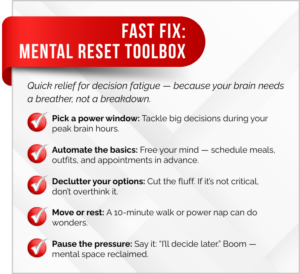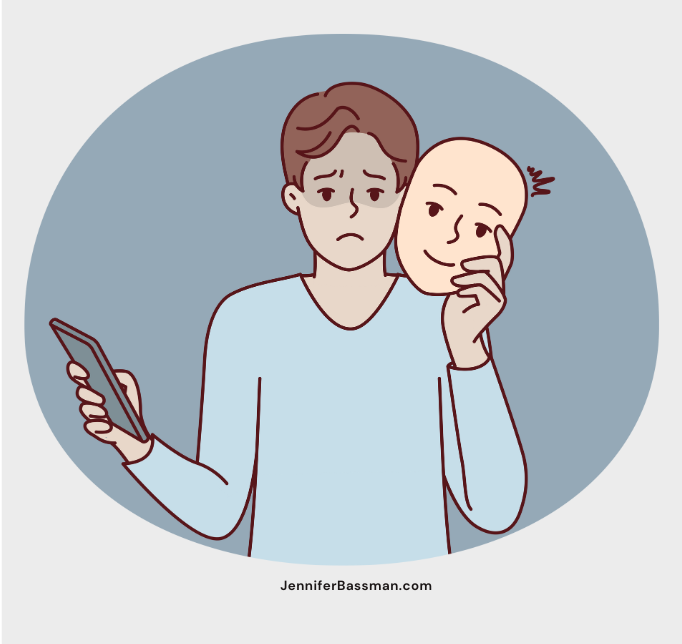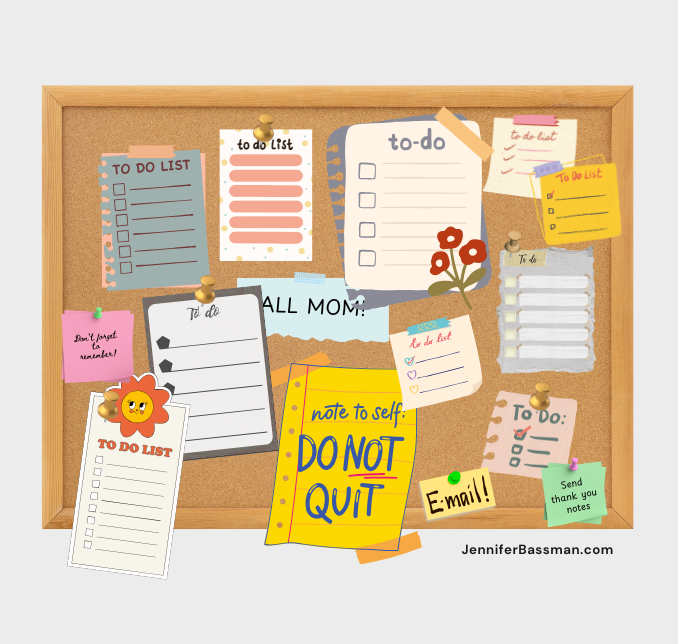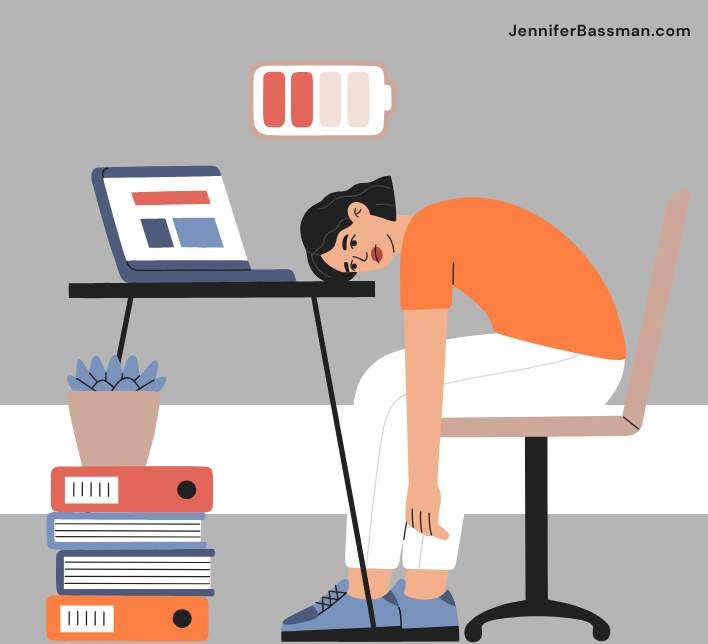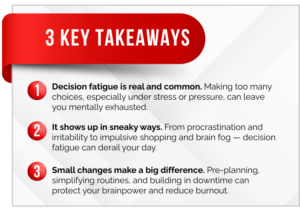
One simple question from a grocery bagger sent my brain into a tailspin. That’s when I realized: I was mentally maxed out.
I stood at the checkout line, when the bagger asked, “Would you like help to your car?”
I froze. My brain couldn’t even process it.
Eventually, I stammered, “No thanks,” and rolled away in a fog. That’s when it clicked: this wasn’t just stress. It was decision fatigue.
In less than an hour, I’d made dozens of micro-decisions — flavors, brands, dinner plans, dessert. But it wasn’t just that. It was everything that came before: texts, meetings, parenting, pings, and push notifications. Hello, information overload.
Stress keeps you from feeling empowered and respected. Change that now with this guide.
What Is It, Exactly?
Decision fatigue is a phenomenon where the more decisions you make in a day, the more your ability to make effective choices declines. Your brain becomes mentally and emotionally depleted, making even simple decisions feel overwhelming.
We make over 35,000 decisions daily, many without even realizing it. Add in high-stakes decisions, emotional stress, or perfectionism — and your brain’s executive function starts waving the white flag.
8 Common Signs of Decision Overload
Not sure if you’re experiencing it? Here are the telltale symptoms:
- Procrastination or Avoidance – You put off decisions to dodge stress.
- Impulsivity – You say yes, swipe your card, or text the ex before thinking it through.
- Mental or Physical Exhaustion – You’re wiped out, and not just from lack of sleep.
- Brain Fog – Trouble focusing, finishing thoughts, or staying on task.
- Irritability – Even simple questions trigger snappy responses.
- Overwhelm – Everything feels too much, all at once.
- Regret or Indecision – You made a decision, but you’re still second-guessing it.
- Physical Discomfort – Tension headaches, stomachaches, even eye twitches.
It’s not chronic, but it does need to be managed with an effective solution.
How to Avoid Decision Fatigue: 10 Real-Life Solutions
You can’t avoid decisions altogether — but you can make them less exhausting:
- Time Your Big Decisions
Schedule tough calls for when your brain is freshest—typically early morning or after a restful break. - Remove Unnecessary Choices
Like Obama or Steve Jobs, consider simplifying your wardrobe or meals. Fewer small decisions = more energy for big ones. - Pre-Plan the Predictables
Weekly meal plans, outfit scheduling, auto-refills — these save tons of mental bandwidth. - Delegate Decisions
Trust others to take the wheel occasionally—at work, at home, or in planning that event. - Sleep On It
Rest isn’t optional. Sleep helps restore willpower, emotional regulation, and moral reasoning. - Move Your Body
Even short walks can improve clarity. Bonus: exercise boosts decision-making skills and lowers stress. - Build Downtime Into Your Day
Create non-decision zones. Watch reality TV, take a long walk, or just zone out guilt-free. - Manage Stress
Add simple stress-busters to your routine — deep breathing, music, or meditation. - Stick to Self-Care
You can’t pour from an empty cup. Self-care protects your mental stamina. - Practice Good-Enough Thinking
Not every choice needs to be perfect. “Good enough” gets it done—and keeps your brain running smoother.
There’s no shame in feeling mentally fried by mid-week. We’re all navigating a noisy, decision-heavy world. But with small changes, you can quiet the chaos and reclaim your clarity.
Start with just one tweak — and give your brain the space it deserves.
